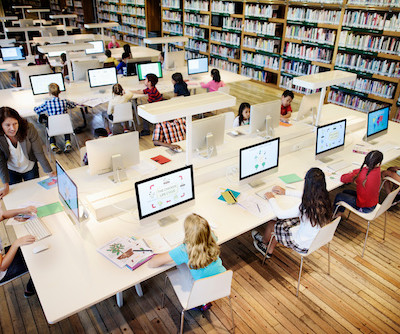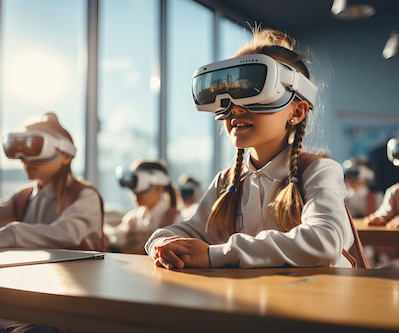The 3 Biggest Remote Teaching Concerns We Need to Solve Now
Edsurge
APRIL 2, 2020
Privacy and Student Data During these pressing circumstances, many educators are curating and sharing digital tools, strategies, and tips for remote teaching with their networks. If educators post a screenshot of their students on social media to show off their virtual teaching, that is a serious violation of both FERPA and COPPA.















Let's personalize your content